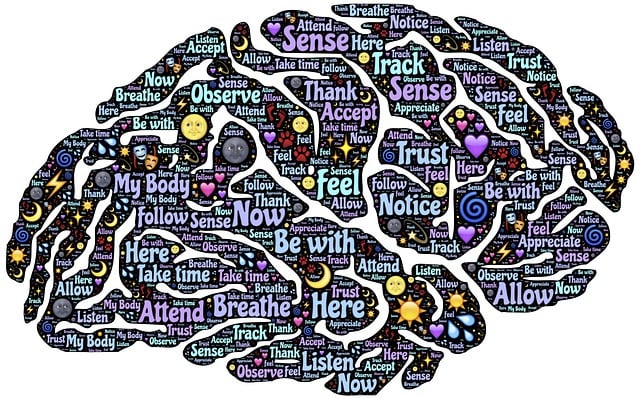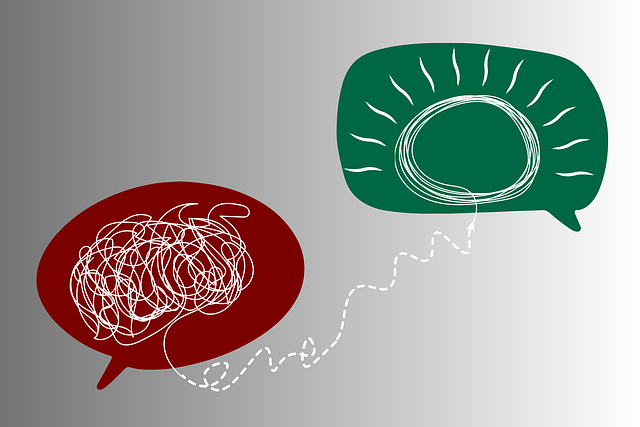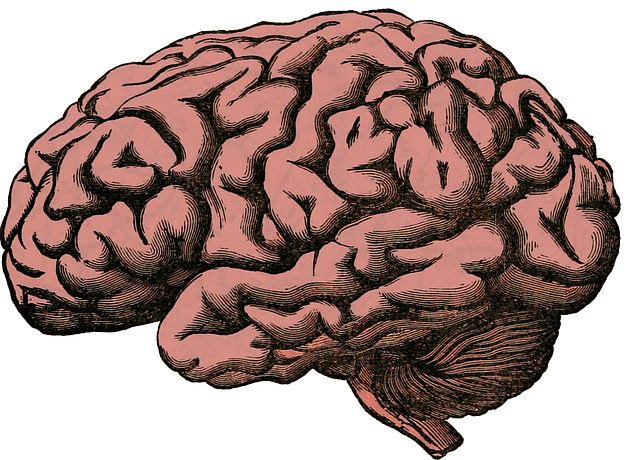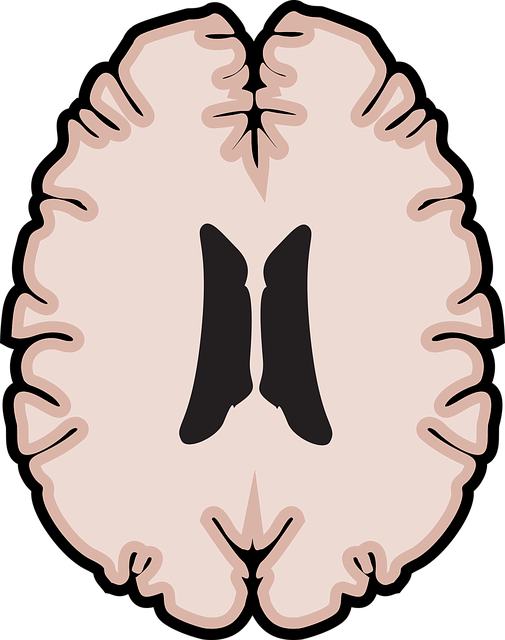Mental illness is a broad spectrum of conditions affecting emotional well-being, with treatments ranging from cognitive-behavioral therapy to medication management. Littleton Self-Esteem Therapy offers a unique approach, focusing on empowering individuals through Mind Over Matter principles. They provide tailored support including trauma services and coping skill development, aiming to create safe spaces for exploration, build resilience, and enhance quality of life. Accurate diagnosis is key, enabling therapists to customize interventions. Their method challenges negative thought patterns, fosters self-acceptance, and encourages active participation in therapy. Building a strong support network, integrated with self-care strategies like mindfulness, journaling, and exercise, is crucial for navigating mental illness and improving recovery outcomes.
Mental illness is a complex and pervasive issue affecting millions globally. Understanding its various forms and navigating effective treatment options can be daunting. This article provides a comprehensive guide, exploring key aspects of mental health management. From unraveling the intricacies of diagnosis to discovering innovative therapy approaches like Littleton Self-Esteem Therapy, we empower individuals to take charge. Additionally, we delve into building supportive networks and self-care strategies, emphasizing holistic recovery for improved well-being.
- Understanding Mental Illness: A Comprehensive Overview
- The Role of Diagnosis in Effective Treatment Planning
- Navigating Therapy Options: What to Expect from Littleton Self-Esteem Therapy
- Building a Supportive Network for Better Recovery Outcomes
- Self-Care Strategies to Complement Professional Treatment
Understanding Mental Illness: A Comprehensive Overview

Mental illness encompasses a wide range of conditions affecting an individual’s emotional well-being, thinking patterns, and behavior. It’s essential to understand that mental health issues are common and treatable, varying from mild temporary conditions to more severe, chronic disorders. Conditions such as depression, anxiety, bipolar disorder, schizophrenia, eating disorders, and post-traumatic stress disorder (PTSD) are just a few examples, each with its unique set of symptoms and challenges.
At Littleton Self-Esteem Therapy, we believe in empowering individuals through the application of Mind Over Matter principles. Our goal is to provide comprehensive support, including trauma support services and coping skills development, tailored to each client’s unique needs. By navigating the complexities of mental illness, our team offers a safe space for exploration, fostering resilience and improved quality of life.
The Role of Diagnosis in Effective Treatment Planning

A precise mental illness diagnosis is the cornerstone of an effective treatment plan. It allows professionals to tailor interventions specific to the individual’s needs and unique presentation of symptoms. By understanding the underlying conditions, therapists in Littleton Self-Esteem Therapy can develop personalized strategies for managing and improving mental wellness. This approach ensures that clients receive the most suitable treatments, such as therapy types (e.g., cognitive-behavioral therapy), medication management, or a combination of both.
Accurate diagnosis facilitates better stress reduction methods and plays a crucial role in preventing burnout, especially when combined with tailored mental wellness coaching programs development. This proactive approach to mental health care not only treats existing conditions but also equips individuals with tools for long-term maintenance of their mental health.
Navigating Therapy Options: What to Expect from Littleton Self-Esteem Therapy

Navigating therapy options can be overwhelming, especially when dealing with mental health concerns. Littleton Self-Esteem Therapy offers a unique and effective approach to enhancing self-worth and coping mechanisms. This form of therapy focuses on empowering individuals by helping them understand and challenge negative thought patterns and behaviors. Through a combination of evidence-based techniques tailored to each client’s needs, therapists aim to foster a sense of self-acceptance and resilience.
Unlike traditional talk therapy, Littleton Self-Esteem Therapy encourages active participation and practical application of learned skills. Sessions often include goal-setting exercises, cognitive reframing, and exposure to feared situations in a safe and supportive environment. This dynamic process equips individuals with the tools to navigate life’s challenges, manage stress, and improve overall mental well-being. By integrating various therapeutic modalities, healthcare providers can offer comprehensive care that addresses not just symptoms but also the underlying causes of low self-esteem.
Building a Supportive Network for Better Recovery Outcomes

Building a supportive network is an integral part of navigating mental illness and fostering better recovery outcomes. This involves surrounding oneself with understanding and caring individuals who can provide encouragement, practical help, and emotional support. At Littleton Self-Esteem Therapy, we emphasize the power of connection in healing. By encouraging clients to cultivate relationships with family, friends, or support groups, they gain a sense of belonging and accountability, which are crucial for long-term mental well-being.
This network can play a significant role in promoting self-care practices, inner strength development, and coping skills acquisition. When individuals feel supported, they are more likely to engage in activities that nurture their mental health, such as regular exercise, mindfulness practices, or creative outlets. This collective support system helps to challenge negative thoughts, normalize experiences, and provide a safe space for vulnerability, ultimately contributing to enhanced resilience and improved recovery journeys.
Self-Care Strategies to Complement Professional Treatment

In addition to professional therapy and treatment plans, incorporating self-care strategies can significantly enhance mental well-being. For individuals navigating a mental illness diagnosis, especially those engaging in Littleton Self-Esteem Therapy, self-care is not merely an added bonus but a crucial component for sustained recovery. Practices like mindfulness meditation, journaling, and regular exercise foster emotional regulation and stress management, tools that empower individuals to better cope with life’s challenges.
Promoting positive thinking through affirmations and gratitude practices can further bolster one’s mental fortitude. These self-care strategies not only complement professional treatment but also provide valuable coping mechanisms that individuals can integrate into their daily lives, fostering resilience and a greater sense of control over their mental health journey.
Navigating mental illness treatment can be overwhelming, but with the right tools and support, recovery is achievable. By understanding mental health conditions, the importance of diagnosis, and various therapy options like Littleton Self-Esteem Therapy, individuals can take control of their well-being. Building a supportive network and adopting self-care strategies alongside professional treatment significantly enhances recovery outcomes. Remember, seeking help is a sign of strength, and with dedicated resources, one can forge a path to improved mental health and a fulfilling life.














